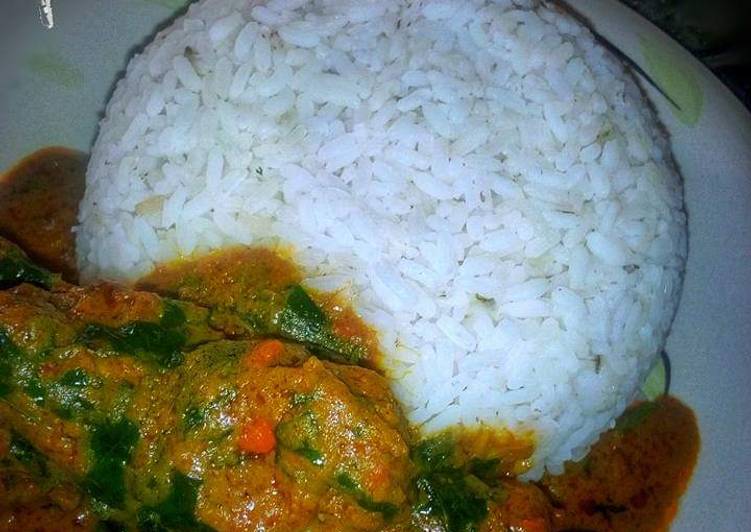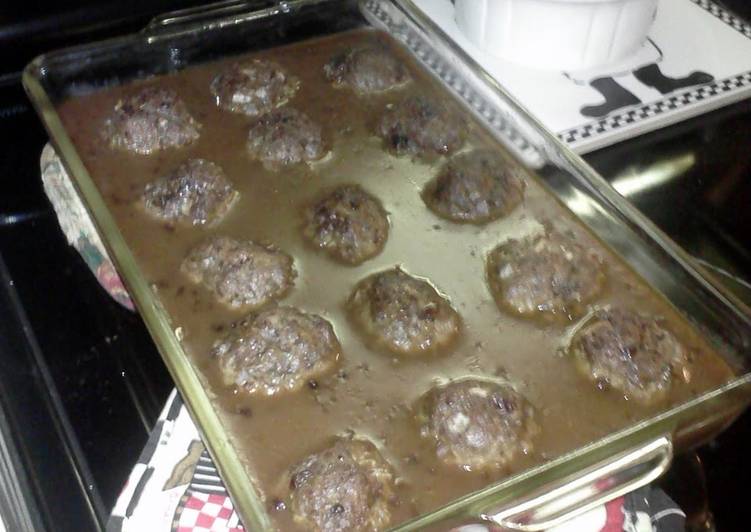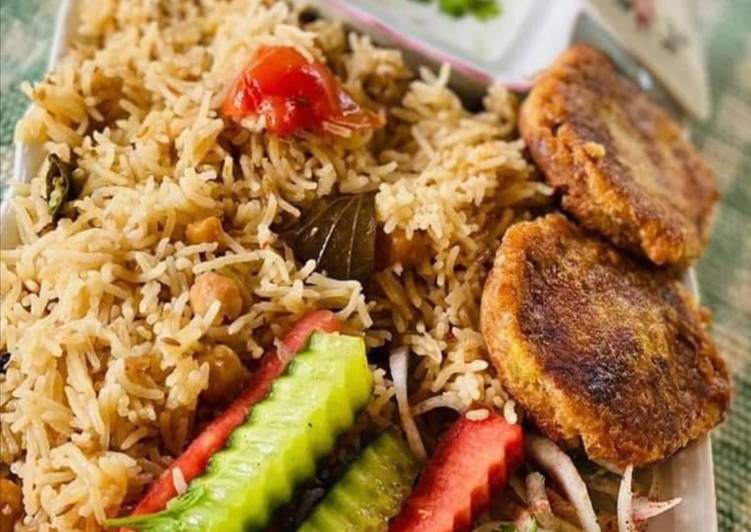
Hello everybody, hope you are having an incredible day today. Today, I will show you a way to make a special dish, banga stew #enugustate. One of my favorites food recipes. For mine, I will make it a little bit tasty. This is gonna smell and look delicious.
Banga stew #EnuguState is one of the most favored of recent trending meals in the world. It is appreciated by millions daily. It is easy, it’s fast, it tastes yummy. Banga stew #EnuguState is something which I have loved my whole life. They’re nice and they look fantastic.
Banga stew has over the years topped the list of Nigerian stew recipes due to its uniqueness and The Banga stew (ofe akwu) is very easy to make and very popular in the eastern part of Nigeria. How to Cook Banga Soup/Stew [Video] The palm fruit oil extract used in cooking Banga Soup / Stew is quite different from the red palm oil used in cooking Nigerian food recipes. Ofe Akwu (Banga soup) is a traditional Nigerian Stew prepared with palm fruit concentrate.
To begin with this particular recipe, we must first prepare a few components. You can cook banga stew #enugustate using 12 ingredients and 11 steps. Here is how you cook it.
The ingredients needed to make Banga stew #EnuguState:
- Make ready Palm kennel fruits
- Make ready Seasonings
- Take Okpenyi (dried oil bean)
- Make ready leaf Ugu (pumpkin)
- Get leaf Nigerian curry
- Make ready leaf Nchanwu (scent)
- Get Beef
- Prepare Stock fish or dry fish (optional)
- Get Pepper
- Take Onions
- Get Crayfish
- Prepare Salt
Banga stew is a locally made stew sourced from palm fruit popularly known as akwu or banga. It is most commonly cooked in the eastern part of the country especially when fresh fresh tomatoes starts. Ofe Akwu is the Igbo-style Banga Stew/Soup. It is a Nigerian soup that is native to the Eastern parts It is similar to the Efik's Banga Soup,which is traditional prepared with native spices, known as Banga.
Steps to make Banga stew #EnuguState:
- Wash palm kennels and cook until very soft
- Pound the kennels until the flesh had separated totally from the nuts
- Add some water to what you're pounding. Make sure you don't add so much as to get a watery paste. The lesser the water, the lesser the time you cook it.
- Sieve off the oil like content into the pot you're preparing the stew with.
- Set on the stove to cook
- Cook the beef briefly with stockfish which is optional. You can decide to add dry fish to the content you're cooking.
- Pour the beef into the pot containing the boiling content from the palm oil
- Pound or blend the onions, peppers and crayfish. Add it to the content. This part is necessary as it aids the thickening of the content
- Add some seasoning cubes after you've achieved the consistency you like
- Add all the vegetables you have cut into the content and let cook for 2 minutes. If you let the vegetables cook over, you may have a dark soup.
- Your Banga stew is ready to be eaten. Serve with either white rice or any other food you prepare. I like to serve it along boiled beans. You should try that too.
See more Nigerian recipes: http://bit.ly/NigerianRecipes See more information about this recipe by clicking "Show More" below. Banga soup, which is also known as, Ofe akwu in Banga soup happens to be one those Sunday's dishes in many homes here in Nigeria because it serves almost the same function as stew and sauce. Ofe Akwu (Banga Stew) with Tinned Banga. Cook a one-pot sausage casserole or cassoulet for a warming midweek meal - and add beans, lentils and vegetables to your stew for extra goodness. A thick stew, or jjigae, served communally, piping hot, and in an earthenware bowl, is for many the epitome of comfort food.
So that is going to wrap it up with this special food banga stew #enugustate recipe. Thank you very much for your time. I’m sure you can make this at home. There’s gonna be interesting food in home recipes coming up. Don’t forget to save this page in your browser, and share it to your loved ones, colleague and friends. Thanks again for reading. Go on get cooking!

